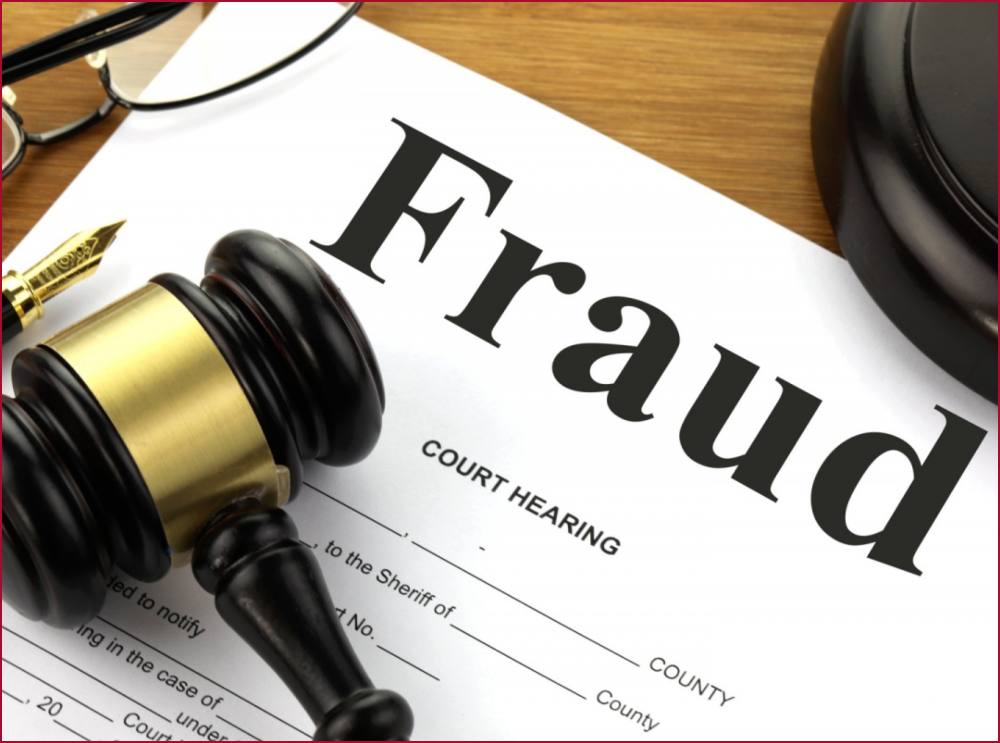In a sweeping federal crackdown, more than 15 Houston-area medical professionals have been indicted in connection with what the U.S. Department of Justice (DOJ) describes as one of the largest coordinated healthcare fraud enforcement actions in American history.
The charges, filed in the Southern District of Texas, are part of a broader national operation targeting 324 defendants accused of collectively defrauding Medicare, Medicaid, and other federal healthcare programs of approximately $14.6 billion through a web of false claims and kickback schemes.
The Houston cases center around fraudulent hospice billing and illegal referral arrangements involving United Palliative & Hospice Company, a provider based in Richmond, Texas.
Prosecutors allege the company misled elderly patients into believing they were receiving home health services, while instead enrolling them in—and billing Medicare for—unnecessary hospice care.
Accusations of Bribery, Kickbacks, and False Diagnoses
At the core of the Texas indictment is Dera Ogudo, 39, who allegedly orchestrated the scheme by bribing physicians to falsely certify patients as terminally ill in order to qualify them for hospice care reimbursement. Ogudo is also accused of paying illegal kickbacks to owners of group homes in exchange for funneling their residents into United Palliative’s hospice program, regardless of medical need.
“These patients were deceived into thinking they were getting routine care,” said DOJ officials. “Instead, they were enrolled into end-of-life services under false pretenses—costing taxpayers millions.”
Federal agents have seized cash, luxury vehicles, and real estate assets tied to the alleged fraud. Matthew Galeoti, head of the DOJ’s Criminal Division, said the coordinated effort highlights the government’s zero-tolerance stance on healthcare profiteering:
“This takedown represents a forceful stand against those who exploit vulnerable patients and steal from the nation’s healthcare programs. We will continue to pursue those who abuse public trust for personal gain.”
Nationwide Scope: A Pattern of Abuse
The Houston-area charges are part of a coordinated operation involving the Department of Health and Human Services’ Office of Inspector General (HHS-OIG), the FBI, and numerous federal and state agencies. While the Southern District of Texas accounted for 18 defendants, the DOJ reports similar fraudulent conduct in other jurisdictions, ranging from telemedicine schemes to overbilling for durable medical equipment.
Prosecutors describe a pattern in which dishonest providers falsified documentation, issued fake diagnoses, and paid or received unlawful referral fees—all to siphon money from federal programs designed to support genuine patient care.
Legal Implications and Industry Impact
The indictments signal an intensifying focus on healthcare fraud enforcement, particularly in high-volume areas like hospice and home health care. Legal experts note that the DOJ’s use of criminal charges, asset forfeiture, and coordinated interagency investigations demonstrates an aggressive prosecutorial approach.
“This should serve as a warning to providers nationwide,” said one healthcare law attorney. “Compliance failures are not just regulatory concerns anymore—they’re federal crimes with real prison time and reputational ruin on the line.”
As cases progress through federal courts, the Houston medical community braces for increased scrutiny and potential fallout across affiliated healthcare providers and facilities.
The Houston indictments underscore the federal government’s evolving strategy in fighting healthcare fraud: targeting coordinated networks, leveraging interagency enforcement, and focusing on patient exploitation in vulnerable populations.

